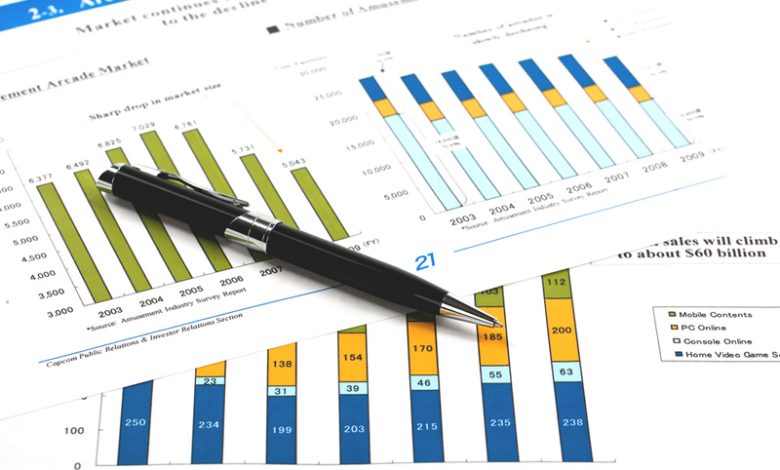
Dollar Firm as War Escalates in the Middle East – Reuters
SYDNEY (Reuters) – The dollar recorded its most significant gain in a week on Wednesday following an Iranian missile strike on Israel, prompting investors to seek safe-haven assets due to concerns over escalating conflict in the Middle East.
In early trading in Asia, movements were minimal, with the euro lingering below $1.10 after experiencing its largest decline in nearly four months the previous day.
Investor demand for safety kept the yen stable at 143.45 per dollar, while the Swiss franc was at 0.8463 per dollar. The New Zealand dollar suffered a 1.1% drop to $0.6283, and oil prices surged by 2.5%.
The dollar index increased approximately 0.5% overnight to 101.2, marking its most substantial rise since September 25, bolstered by a stronger-than-expected report on U.S. job openings.
Israel reported that Iran launched over 180 ballistic missiles, which Iran’s Revolutionary Guard Corps described as retaliation for the killings of militant leaders by Israel and its aggression in Lebanon against the Iran-backed group Hezbollah.
No injuries were reported in Israel. A similar attack occurred in April without significant damage or a lasting impact on financial markets. However, the initiation of an Israeli ground assault against Hezbollah and Israel’s commitment to respond raises the potential for further escalation.
Market reactions are primarily focused on oil prices, with analysts from ANZ suggesting that the future direction of prices will depend on Israel’s military response and whether it targets Iran’s military or oil infrastructure.
The Australian dollar fell to $0.6883, although losses were somewhat mitigated by positive retail sales data released on Tuesday. The British pound decreased by 0.7% overnight but remained stable at $1.3278 in early Asian trade.
Westpac strategist Imre Speizer noted the unpredictable nature of the Middle East situation but indicated that in the absence of further escalation, market sentiment could improve and shift focus back to economic factors.
In New Zealand, a business survey indicating a rapid cooling of price pressures has increased expectations that the central bank will cut rates by 50 basis points at its upcoming meeting. Both Westpac and BNZ have updated their forecasts accordingly, with markets pricing in a roughly 77% chance of this cut.
Later today, a vice presidential debate will take place between Democrat Tim Walz and Republican JD Vance, along with the release of U.S. private payrolls data.
Traders are also closely monitoring a significant employment dispute affecting U.S. dockworkers. East and Gulf Coast dockworkers launched their first large-scale strike in nearly 50 years on Tuesday, disrupting about half of the country’s ocean shipping operations.
 GOOGL
GOOGL  META
META 


